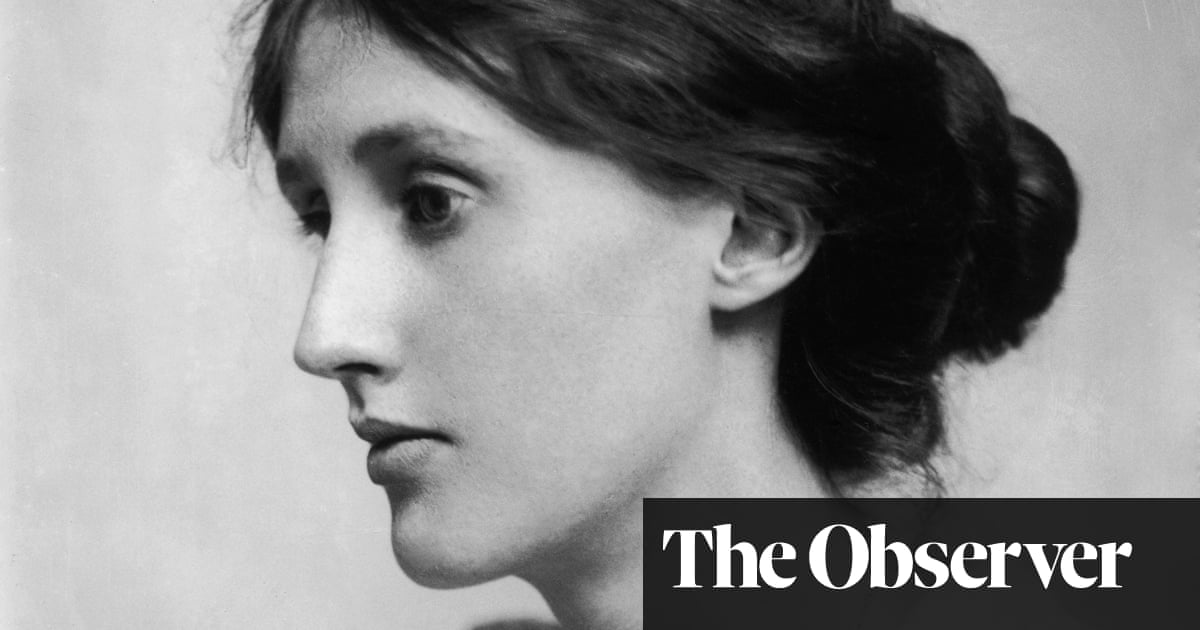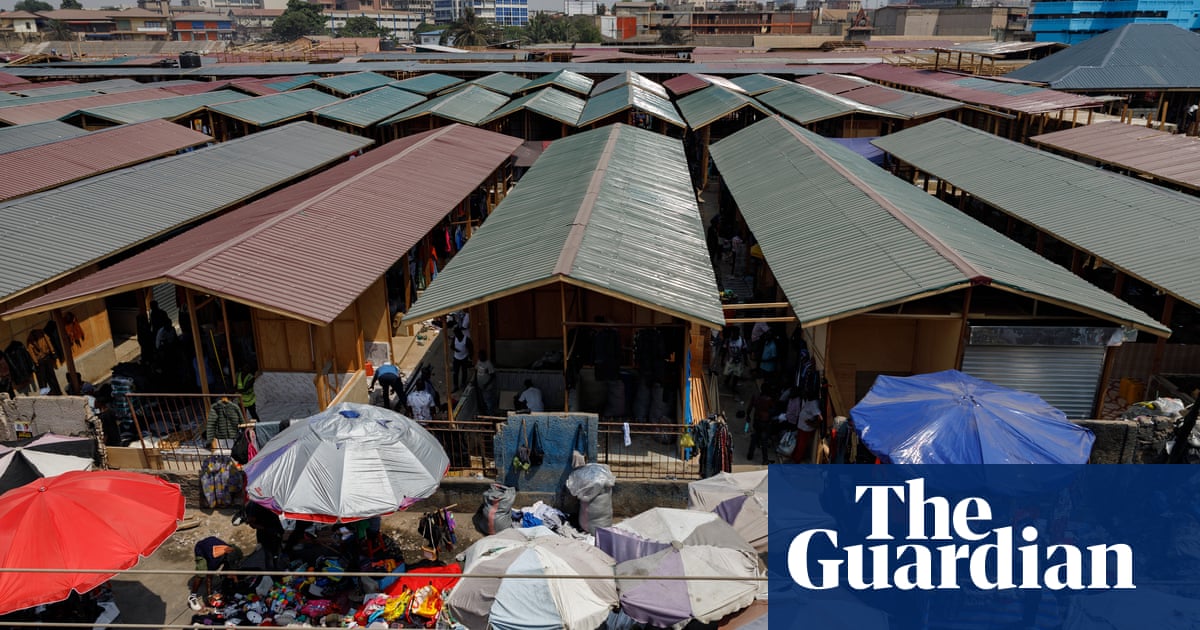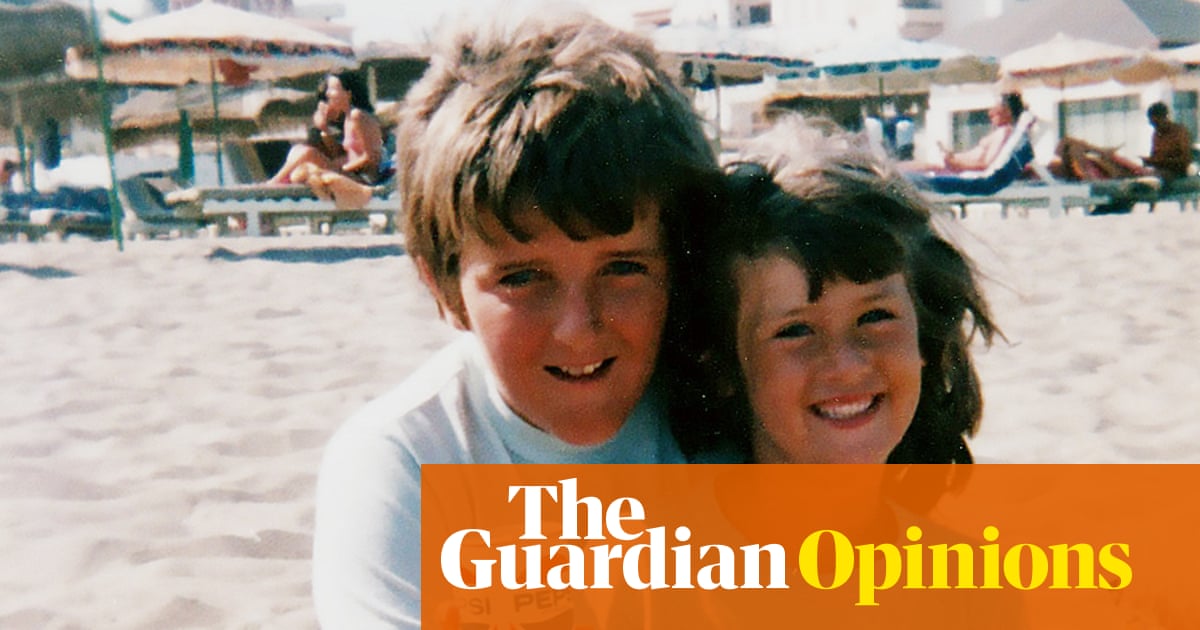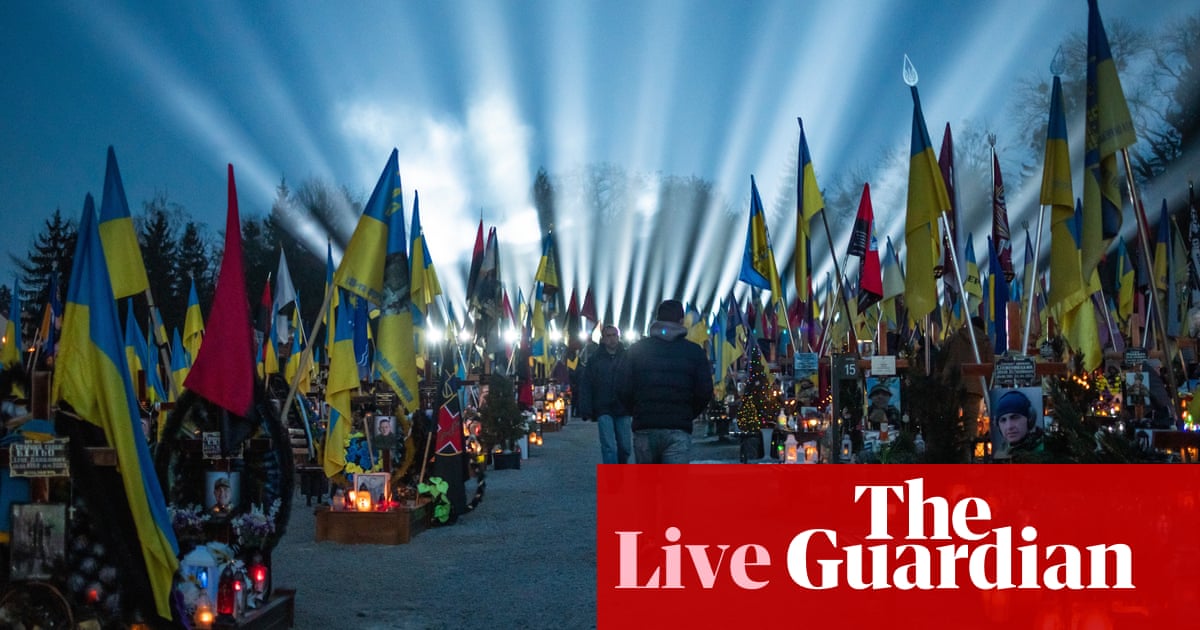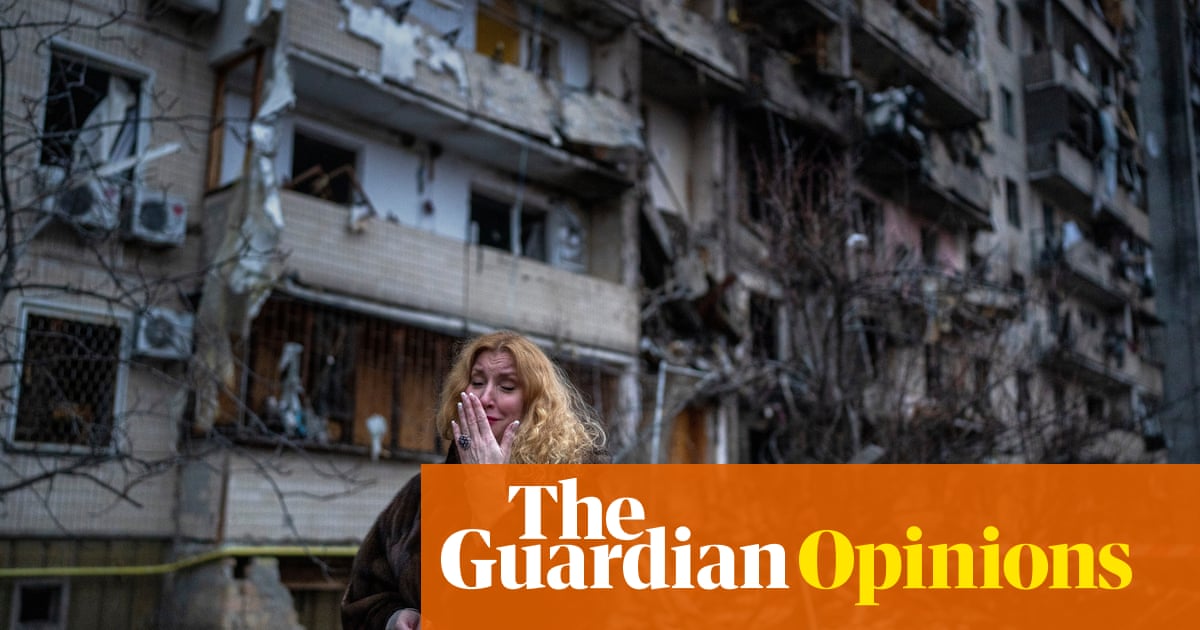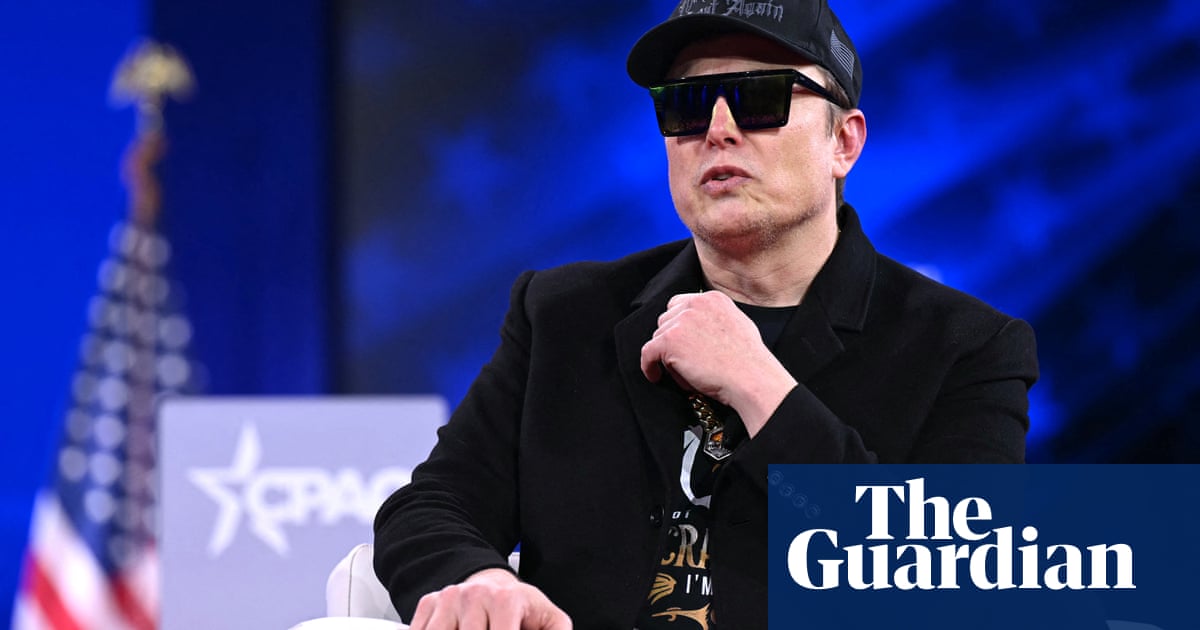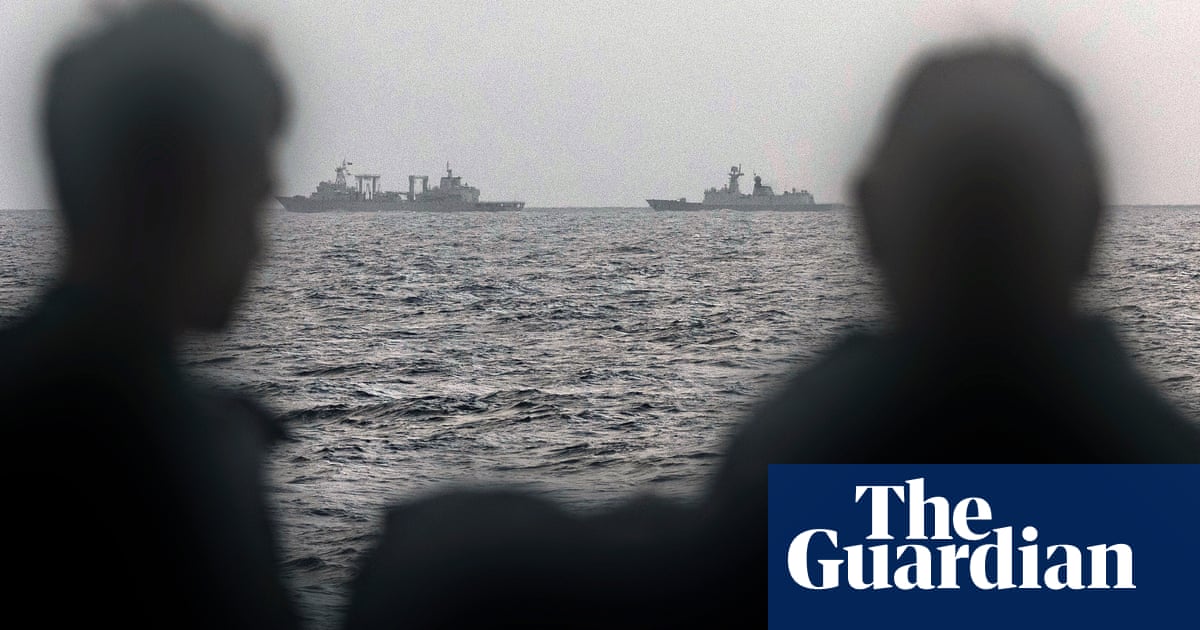When I first visited Azerbaijan this spring, one fixture of the Baku skyline was unmissable. The bright orange of flaring – the product of the oil and gas extraction that makes up 90% of Azerbaijan’s export revenues – lit up the night sky, not far from the Olympic stadium, where nearly 200 nations would gather in November for the Cop29 climate summit.
Flaring burns methane, a powerful greenhouse gas, and is a major source of carbon emissions. If all the world’s flared gas were captured instead, it could power sub-Saharan Africa. But that entails installing new equipment, so producers don’t bother.
By the time we were standing in the converted stadium for the two weeks of an exceptionally bad-tempered conference – one that ended in cries of betrayal and injustice – the flame was invisible. Was it doused for the duration? I tried to point out to delegates where it had been, but I don’t think they believed me.
Baku was the second worst climate Cop (it stands for conference of the parties, under the UN framework convention on climate change) of the 18 that I have covered. In rancour and division, it was rivalled only by Copenhagen in 2009, which notoriously ended in chaos and discord, though also a partial deal.
What failed at Baku – where poor countries received a promise of $1.3tn a year in climate finance by 2035, but only $300bn to come directly from the rich world – is that governments refused to put aside their apparent short-term interests in favour of the real long-term interests they all know are firmly on the side of climate action.
Rich countries came preparing to offer only $300bn a year in direct overseas aid and through institutions such as the World Bank, leaving the rest of the $1.3tn to come from a mixture of potential new levies on high-carbon activities and the private sector. This public finance number is too low – the economists Nicholas Stern, Vera Songwe and Amar Bhattacharya have calculated that $390bn will be necessary by 2035. Insultingly, it was also delivered only on the last day of the talks.
Many developed world governments are struggling with budget constraints and economic turmoil – witness Germany’s bombing car sector. They fear the weaponisation of climate action by the resurgent far right – Donald Trump’s reelection just five days before Cop29 showed how powerful that can be.
But providing climate finance for poor countries to cut their emissions and adapt to the impacts of extreme weather is clearly in the rich world’s real interests. Climate migration is already in the tens of millions a year and is only going to accelerate.
There were other actors, too, for whom short-term apparent self-interest ruled. Saudi Arabia, whose entire wealth is built on oil and gas, has long played an obstructive role at Cops. This year, the negotiating team did not bother to hide it. A Saudi official was accused of altering a key text without full consultation in a way observers said the Azerbaijan presidency should have prevented. A key resolution to “transition away from fossil fuels” was effectively defeated.
India also played an intriguing role. With the conference running more than 30 hours overtime, the Azerbaijan presidency thought it had achieved consensus, with poor countries judging a meagre deal better than putting off negotiations to next year with a Trump White House. Then India made a last-minute intervention. Delhi has a long history of trying to prevent climate deals or forcing concessions: in 2011, blocking the roadmap to what became the Paris agreement; in 2021, forcing the weakening of a resolution to “phase out” coal to a “phase down”.
On those occasions, India had the backing of China. But this time China – the world’s biggest supplier of renewable energy components – clearly wanted a deal.
In the end, agreement was reached and India, with a handful of allies, claimed to have been ignored. This is not unusual in UN talks – deals are reached by consensus, not unanimity, and if the presidency is satisfied that holdouts have been heard, they can bring down the gavel. Whatever India’s intentions, the outcome was in its favour: without having to scupper a deal that poorer countries desperately needed, India could still vent its anger and claim to be standing up for the developing world.
Azerbaijan, whose presidency was roundly condemned by many participants, also came away with a deal that will please Vladimir Putin, who is supplying the country with gas while it sells its own to Europe.
Next year, countries will meet again, charged with laying out stringent new plans to cut their greenhouse gas emissions in a last attempt to limit global temperature rises to 1.5C above preindustrial levels. Poor countries will argue they cannot set stricter limits with so little finance. Fossil-fuel producers will do their best to prevent a deal through their lobbyists and country groupings.
As I prepared to leave Baku, more than a day after the last delegates had straggled home, I scanned the shore of the Caspian Sea in the darkness. There it was, burning again. The flame of self-interest.
-
Fiona Harvey is an environment editor at the Guardian

 2 months ago
39
2 months ago
39
